He is from Mallorca and his company, Open Cosmos, is dedicated to putting satellites into orbit that collect data to address global challenges through three products. Open Orbit, which designs, builds and operates customer-owned satellites; Open Constellation, which deploys a series of satellites with shared data; and Data Cosmos, which analyses all that data and turns it into information. Mallorca Global Mag talks to Rafel Jordà, winner of the Princess of Girona Business Award 2023.
– You got the highest A-levels in the Balearics in your year. Did you imagine you would end up launching satellites into space?
– Not at all. I liked a lot of things like Philosophy, which I had a lot of doubts about, or Mathematics. I didn’t decide what to study until a week before enrolling, but I wanted something that would be difficult for me to learn on my own and I opted for Aeronautical Engineering.
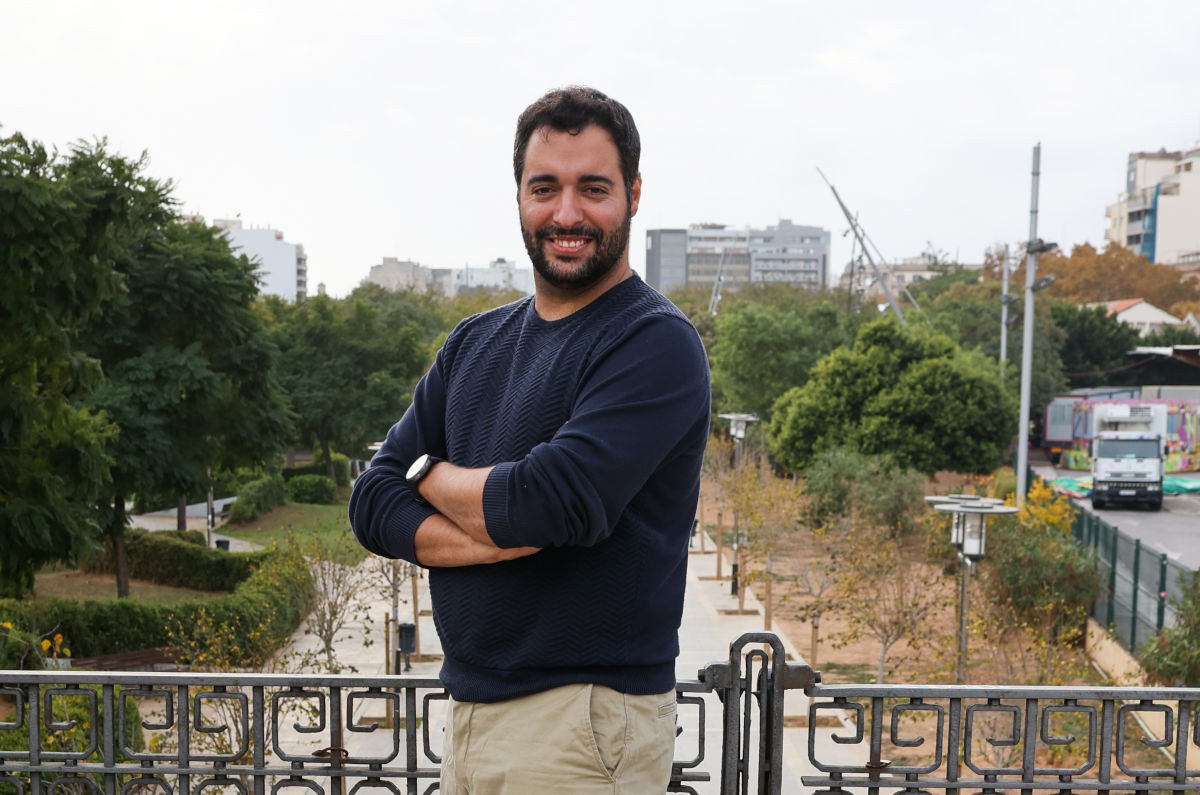
Foto: María Juarros.
– How do you explain to your parents or friends what you do in your job?
– When I went to school, my grandparents said: “He does something about nautical boatbuilding”. Later, I was working in one of the big companies in the sector and I was well positioned. “Why taking a risk?” they said to me. But the needs of the market were there and at the age of 26 it was time to take some risks. And how do I explain it to them? There are big global challenges to which we can only find a solution if we measure what is happening and the most effective way is through satellites. I am referring to climate change, energy problems, natural resources… I felt it was an obligation to democratise access to this technology.
– It seems that citizens don’t know what’s going on in space. Could you explain this to us?
– There is a very good analogy. If you look at computers in the 60s and 70s, they were as big as a living room and worth hundreds of millions. Then a couple of entrepreneurs started to make them small, PCs came along and they started to connect to the Internet. The same thing is happening now in the space sector. We have gone from very large and expensive satellites to companies like ours being able to make them smaller, faster and at a much lower cost. And on top of that, we connect them together so that they can generate a lot of data through constellations. This is going to give rise to a whole wave of applications. This is the moment in which this paradigm shift is taking place.
– Some people may think that the cost of this activity is exorbitant or unnecessary. How much does it cost to launch a satellite into space?
– I think we need to change that mentality. We use satellites every day and we don’t realise it, they are used to solve problems here. If you look at the weather forecast, if you’ve made a payment online, if you’ve used GPS…. We depend on this technology to be able to live the life we live. How can we monitor a fire, water resources or DANA? Without satellites we will not be able to address these challenges. And it’s not just me, it’s the United Nations; of the 17 Sustainable Development Goals, the UN says that 13 cannot be achieved without satellite data. And how much are they worth? We sell satellites for between 1 and 10 million; traditional satellites are worth between 300 and 500 million.
– How do you compare with the big space companies like Elon Musk’s SpaceX, Jeff Bezos’ Blue Origin and Richard Branson’s Virgin Galactic?
– We make satellites that go inside their rockets. But if you compare us with the companies that do make satellites, such as Airbus, Boeing, Lockheed Martin, etc., they make very large and expensive satellites. With Elon Musk we have launched five on his rockets, we are a customer.
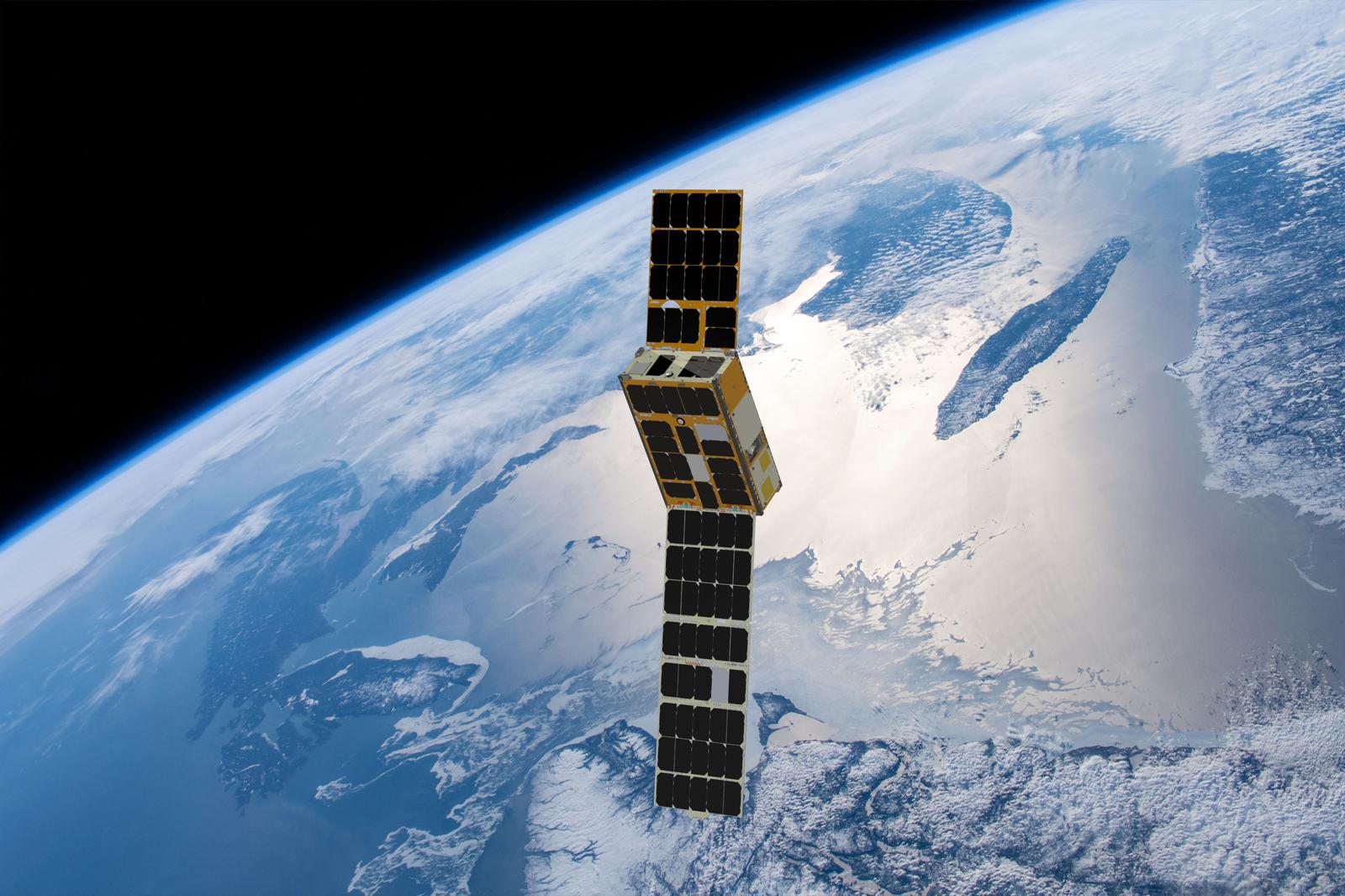
– What role does the space sector play in Spain, are we competitive?
– The satellite infrastructure train is passing and Spain needs to grab hold of it. The country has done two things that I think point in that direction: this year the Spanish Space Agency has been launched and an aerospace PERTE has been launched with 4,000 million euros. The best thing we have is that there are many companies with an abysmal capacity for innovation and technological development. I believe that we have to take advantage of all this talent to put ourselves at the forefront of the European space industry. The contribution in high quality jobs, the transversality and the ROI is huge. I have seen figures that make you say ‘wow’, you have to invest in this sector.
– As a Mallorcan, which opportunities do you think Open Cosmos services offer to the Balearic Islands?
– Open Constellation is designed so that regions like the Balearic Islands can get on the space train. Satellites have already been bought from Catalonia, Andalusia and the Canary Islands and we manage them as an aggregated constellation. The Balearic Islands should go for it, so it would have access to data such as water resources, coastal control, monitoring of spills, deforestation, reaction to fires, impact on floods… Having this information is essential for the technological competitiveness of the islands. And as a Mallorcan, I would love to carry out this data processing and analysis. In fact, we have several Mallorcans at Open Cosmos. It’s talent that went abroad to work and we bring them back, that’s priceless.
– What percentage of space technology is being exploited and how much is still to be exploited?
– It is as if the US had not bet on computer companies like Microsoft, Apple… I think it is going to generate an incredible amount of application companies and volume of economic activity. To stay out would be a blunder.
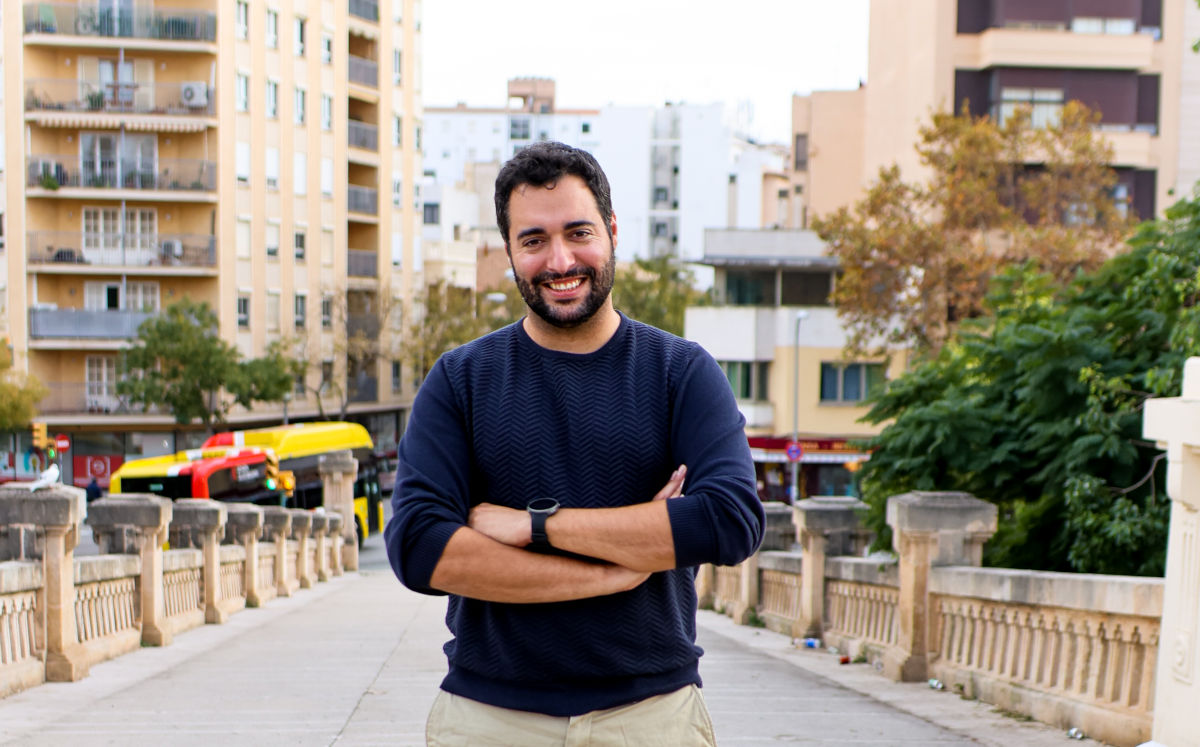
Foto: María Juarros.
– And won’t the sky be filled with satellites?
– Space management has to be done in a sustainable way. We launch in low orbit, 500-700 km, and in less than 5 years they enter the atmosphere and burn up. Others further away are put into a landfill orbit, where they are not a nuisance. Space debris would be what is left in the middle, something that was not taken care of in the early days of the industry, but is now.
– Will the rise of AI change things?
– Our satellites use the chips that are used to train neural networks like ChatGPT. We now allow them to process and send the information without the need to download the image. In the face of earthquakes, fires and natural disasters, it is important to react in advance. Most Earth observation satellites take images, store them and when they pass an antenna they download them. It is then uploaded to the cloud, processed and finally delivered. This process takes an hour or two hours, even days. With these new systems, we believe that use cases will emerge that have not yet been thought of.



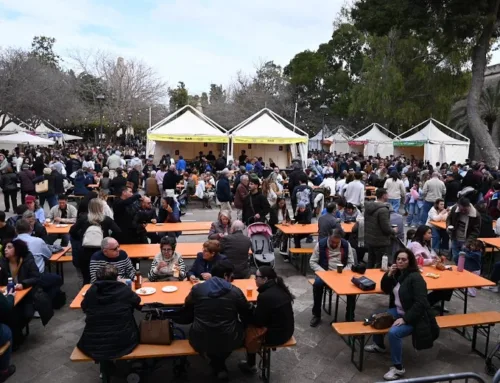
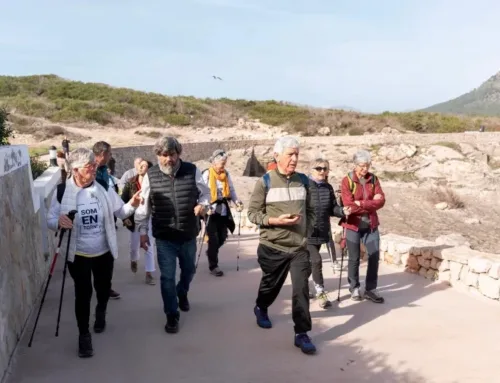
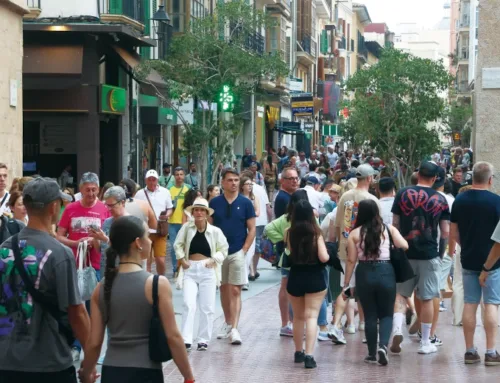

Leave A Comment